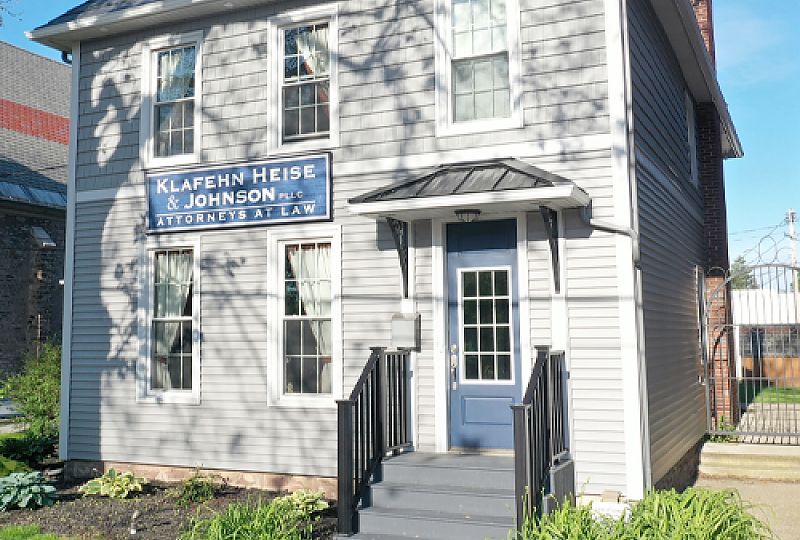Protecting Your Elders: The Importance of Medicaid Planning in New York

In the ever-evolving landscape of elder care, planning for the future is a task that cannot be overlooked, especially in a state as diverse as New York. As our loved ones age, considering their long-term care needs becomes increasingly important. Medicaid planning is a key component in securing their well-being and dignity. At Klafehn, Heise & Johnson P.L.L.C., we dedicate our practice to helping families in New York, from bustling cities like Rochester to serene towns like Brockport in Monroe County, navigate the complexities of Medicaid planning. This article explores why Medicaid planning is essential in New York.
Understanding Medicaid and Its Benefits
Medicaid is a federal and state program designed to assist with medical costs for individuals with limited income and resources. In New York, Medicaid can cover a significant portion of long-term care expenses, including nursing home care and home health services, which are often not covered by Medicare or private insurance.
The Need for Planning
Medicaid eligibility in New York is determined by strict income and asset limits. Planning is crucial because it allows for the legal restructuring of assets to meet these thresholds. Without planning, many families find themselves in a situation where they have to spend down their life savings to qualify for Medicaid, which can significantly impact the quality of life for both the elder needing care and their family. There are valid, legal ways of protecting the assets of loved ones, while still getting them the care they need, and having it paid for by Medicaid. Advanced planning is best, but some of here strategies work even at the last minute.
The Five-Year Look-Back Period
One of the most challenging aspects of Medicaid planning in New York is the five-year look-back period. This rule scrutinizes all asset transfers made within five years of the Medicaid application date. Transfers made during this period can lead to penalties and delayed eligibility. Early planning helps in strategizing asset transfers to avoid penalties.
Asset Protection Strategies
Several strategies can be employed in Medicaid planning to protect assets while ensuring eligibility. These can include setting up irrevocable trusts, making allowable transfers, and converting countable assets into non-countable ones. The goal is to preserve as much of the individual’s estate as possible while still abiding by Medicaid’s strict financial rules.
Spousal Impoverishment Protections
For married couples, Medicaid planning is essential to ensure the healthy spouse, often referred to as the “community spouse,” is not left without financial resources. Spousal impoverishment rules allow the community spouse to retain a certain amount of the couple’s assets and income, but there are ways of enhancing such savings for the community spouse. Navigating these rules requires careful planning.
Why Professional Guidance is Key
Medicaid planning involves navigating complex legal and financial landscapes. Professional guidance from experienced attorneys is crucial. At Klafehn, Heise & Johnson P.L.L.C., we offer professional advice and personalized planning strategies, ensuring that each family’s unique situation is considered and addressed.
In Conclusion
The importance of Medicaid planning in New York cannot be overstated. It ensures that your elderly loved ones receive the care they need without sacrificing all their hard-earned assets. For families in New York, from the urban settings of Rochester to the suburban areas of Monroe County, Medicaid planning offers peace of mind and financial security.
Facing the challenges of Medicaid planning? Reach out to the team at Klafehn, Heise & Johnson P.L.L.C. for compassionate and comprehensive guidance tailored to your family’s needs.
Legal Disclaimer: This article provides an overview of Medicaid planning in New York and is not intended as legal advice. Medicaid laws are complex and vary based on individual circumstances. For specific legal advice on Medicaid planning, consult with the professionals at Klafehn, Heise & Johnson P.L.L.C. Portions of this content are considered ATTORNEY ADVERTISING under the New York State Unified Court System Rules of Professional Conduct (22 NYCRR Part 1200). Past results do not guarantee a similar outcome.
‹ Back













